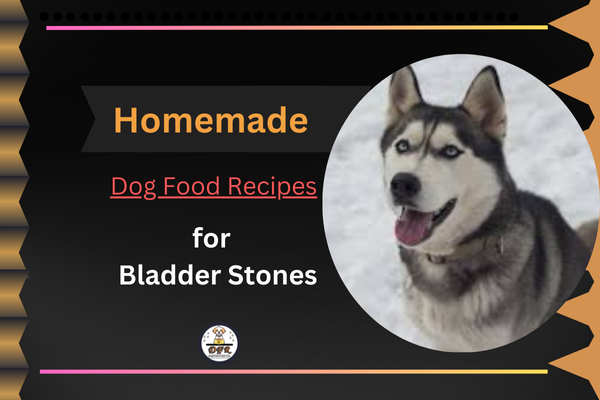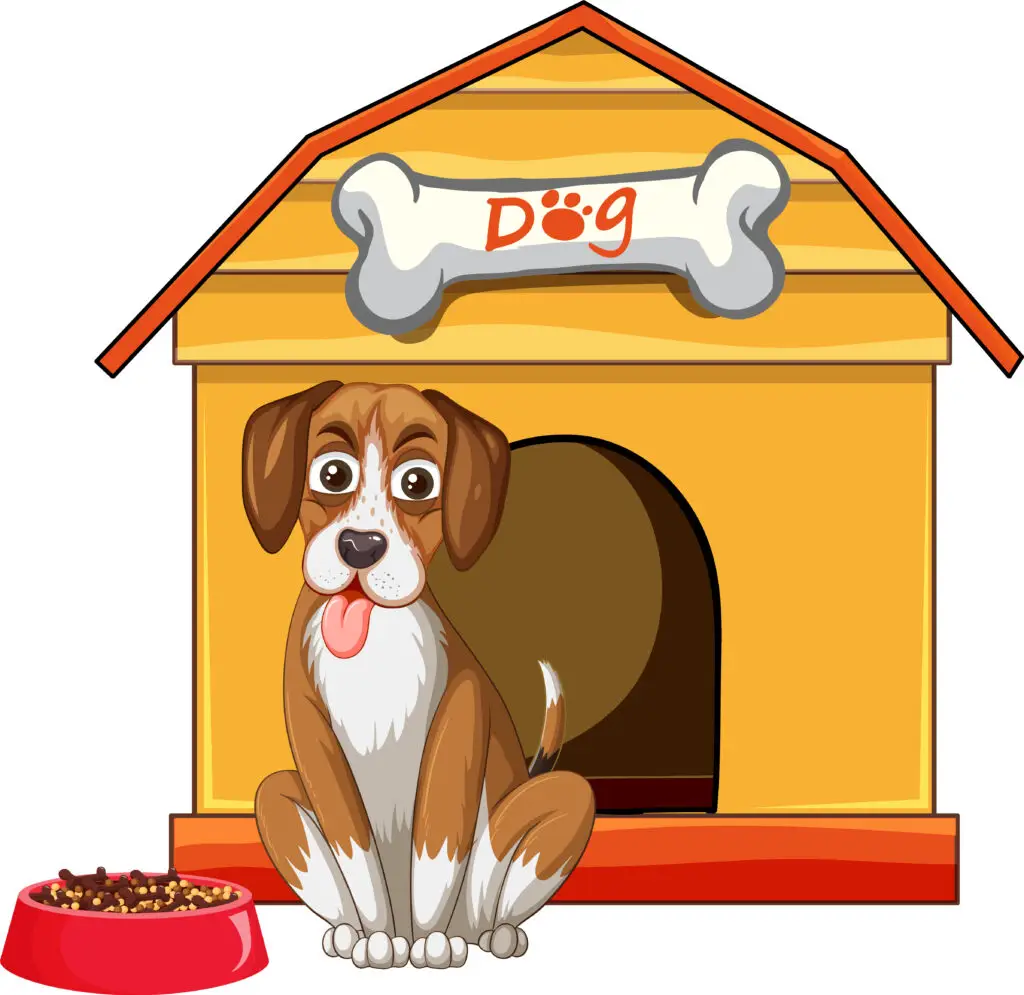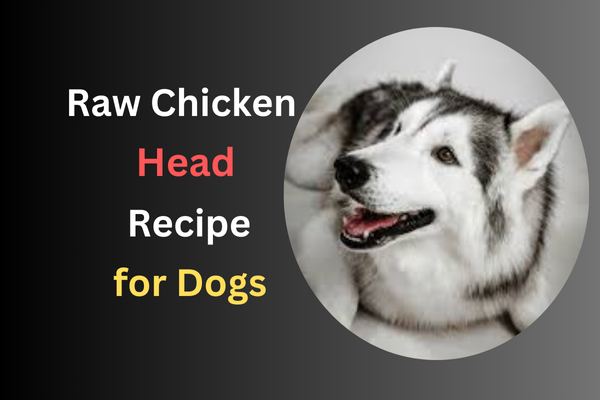Understanding Bladder Stones in Dogs
What Are Bladder Stones?
Hard mineral deposits that form in your dog’s urinary tract are called uroliths or bladder stones. These stones can be different sizes and on many occasions will cause discomfort, blockages or infections. Typically minerals struvite, calcium oxalate or urate.
Bladder stones result from a disruption in the urine composition, which is commonly furthered by a poor eating regimen or dehydration.
Common Causes of Bladder Stones in Dogs
- Dietary Imbalances: Certain foods that are high in purines can be the culprit.
- Urinary Tract Infections (UTIs): Bacteria can change the pH of the urine allowing for the stone to grow.
- Genetics: This is a problem for breeds such as Dalmatians and Miniature Schnauzers.
Symptoms of Bladder Stones in Dogs
Keep an eye out for:
- Pain or difficulty when urinating.
- Blood in the urine.
- Unable to urinate frequently, with little output.
- Loss of appetite and lethargy.
Why Choose Homemade Dog Food for Bladder Stones?
Benefits of Homemade Diets
Cooking the meals yourself means you can control what goes into the meals– the fresh ingredients provide optimal nutrition without unnecessary additives! Benefits include:
- Customized Nutrition: Meals tailored for your dog’s needs.
- Healthier Ingredients: Fresh, wholesome options.
- Improved Hydration: Homemade food that’s moist may help dilute urine.
Potential Risks to Watch Out For
While the benefits are great, you could end up with deficiency issues or an overabundance of essential nutrients. Don’t make mistakes safely, consult with your vet or a canine nutritionist.
Nutritional Needs for Dogs With Bladder Stones
Low Purine Ingredients and Their Role
Low-purine foods help reduce the buildup of uric acid in the urine. Ingredients like chicken, eggs, and white rice are excellent low-purine options.
Essential Nutrients to Include
- High-Quality Protein: Lean meats, fish, and eggs.
- Moderate Calcium and Phosphorus: Avoid excesses, which may encourage stone growth.
- Omega-3 Fatty Acids: Found in fish, these reduce inflammation.
Best Ingredients for Homemade Dog Food for Bladder Stones
Protein Sources
- Lean chicken breast.
- Turkey.
- White fish (e.g., cod, tilapia).
Vegetables and Fruits
- Zucchini and green beans for fiber.
- Apples (without seeds) for a sweet, hydrating treat.
Grains and Supplements
- White rice and oats for easily digestible energy.
- Supplements like potassium citrate to maintain urinary pH.

Simple Homemade Dog Food Recipes for Bladder Stones
Chicken and Rice Medley Recipe
Ingredients:
- 2 cups of cooked white rice.
- 1 cup of boiled chicken breast (shredded).
- 1/2 cup steamed green beans.
Instructions:
- Mix cooked rice, chicken, and vegetables in a bowl.
- Add a pinch of calcium supplement if advised by your vet.
- Serve in small portions and refrigerate leftovers.
Fish and Sweet Potato Recipe
Ingredients:
- 1 cup baked white fish.
- 1 cup mashed sweet potato.
- 1/4 cup zucchini.
Instructions:
- Combine all ingredients and mash together for an even texture.
- Serve fresh, ensuring adequate hydration alongside the meal.
How to Transition Your Dog to a Homemade Diet
Gradual Changes for Better Digestion
Mixing in your dog’s current diet one part of homemade food for 7 to 10 days, then increasing the proportion until your dog is eating his homemade meals exclusively.
Monitoring Your Dog’s Reaction
Look for signs of allergies or gastrointestinal upset and changes in energy level. With your vet’s advice, adjust the recipe accordingly.
Vet-Recommended Tips for Managing Bladder Stones
Staying Hydrated
Make sure your dog drinks lots of water. Water or broth added to meals can improve the amount of fluid in the diet.
Avoiding High-Risk Foods
Avoid organic meats, spinach and nuts with high amounts of oxalates or purines.
The Common Mistakes to Avoid When Preparing Dog Food
Certain Ingredients Used Too Much
Protein or calcium loading can contribute to an imbalance of urinary pH which increases the likelihood of stone development.
Ignoring Supplement Needs
Insist your homemade recipes contain vet-recommended supplements like vitamins or urinary pH modifiers.
Conclusion
If Homemade Dog Food Recipe for Bladder Stones is carefully made, it will significantly improve your furry friend’s quality of life. To tackle the situation, it’s wise to focus on what you can eat — low purine ingredients — maintain balanced nutrition, and see what a vet advises. Try these recipes and see your pup get healthier!
FAQs About Homemade Dog Food Recipe for Bladder Stones
1. Can I feed store bought dog food instead of homemade food?
But specialize in veterinary diets formulated for bladder stones.
2. When should I feed my dog homemade meals?
Two meals a day is ideal, but ask your vet how many and when.
3. What are all the safe fruits for dogs with bladder stones?
Not all fruits are safe, avoid grapes, raisins and citrus. Apples or blueberries only.
4. What signs will tell me if my dog’s bladder stones are getting better?
Progress during recovery will be shown through regular vet check ups and urine tests.
5. How much does it cost to feed your dog homemade food?
Homemade meals are generally on a budget; not only are they easy on the palate but often easy on the pocketbook too, especially with the use of simple, local ingredients.







